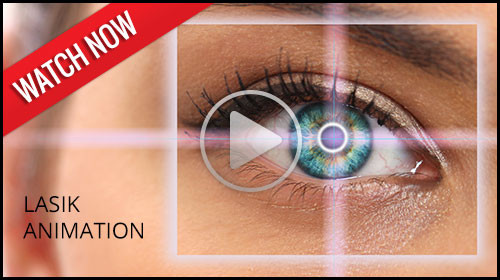Refractive Procedures
Dr. Brian Alva and La Verne Optometry are pleased to be your resource for Laser vision correction questions.
We have teamed up with Coastal Vision to provide all our patients with Laser vision correction options. Dr. Alva will assist you in the early stages of LASIK consideration by answering your questions, and if LASIK is right for you. Once we decide that LASIK is the right fit for you, Dr. Alva is actively involved in each step of the process, assuring that your primary eye doctor, who is most familiar with your ocular history, will be continuing as your doctor as you proceed through treatment and recovery.
If you are interested in Laser Vision Correction, call our office to make an appointment to determine if you are a candidate for this alternative to traditional glasses and contact lenses.
What are Refractive Procedures?
Refractive procedures manipulate the eye to improve vision. Though there are several types of refractive procedures, the most popular is known as LASIK (laser assisted in situ keratomileusis). LASIK involves reshaping the cornea using incisions and lasers. An incision creates a flap which is folded back. Lasers are then used to reshape the middle layer of the cornea and correct the vision. The flap is folded back and allowed to heal, resulting in much clearer vision. LASIK surgery is an outpatient procedure with recovery time of about 48 hours.
Is LASIK For Me?
Not everyone should consider a LASIK procedure. Candidates should be over 18 years of age. If you are pregnant, nursing, or suffering from a number of diseases, you probably are not eligible for LASIK. You are also not eligible if your prescription has changed a great deal over the past year. Talk to your eye doctor about LASIK. They will be able to assess your eligibility, the risks you may encounter, and they can recommend how to move forward.
Is the Procedure Safe?
In rare cases, there have been complications that have arisen after the procedure, including droopy eyelids, constant discomfort or the inability to wear contact lenses. In even rarer cases, there have been complications during the procedure. However, as technology improves, there will likely be a decrease in these instances.




